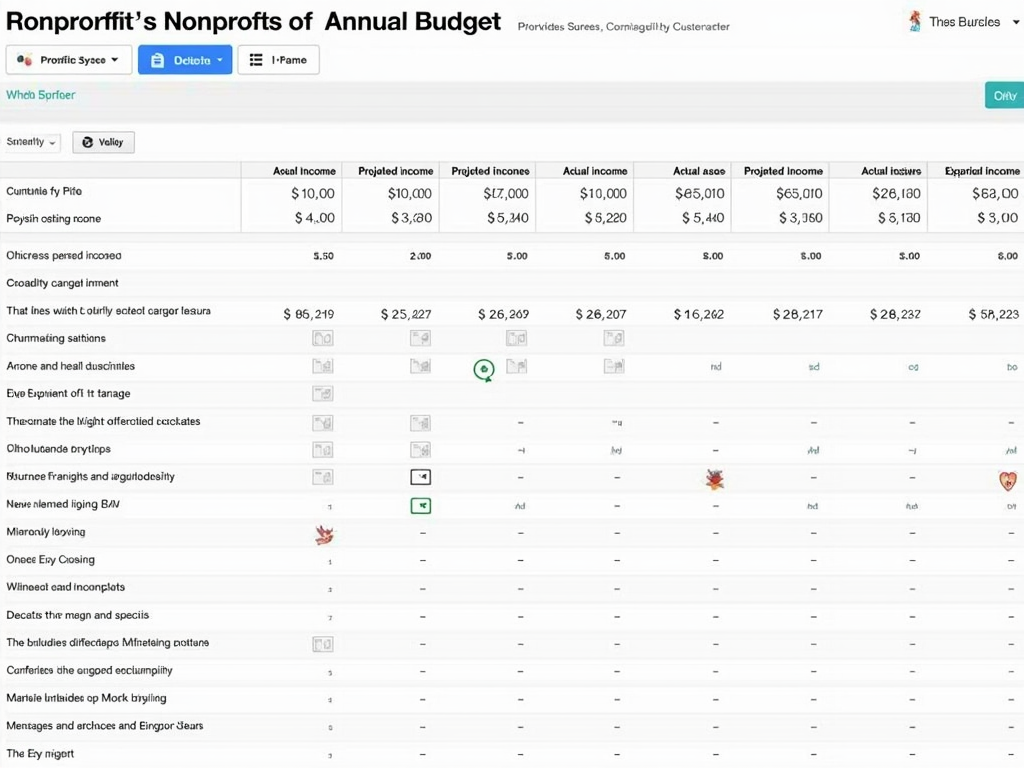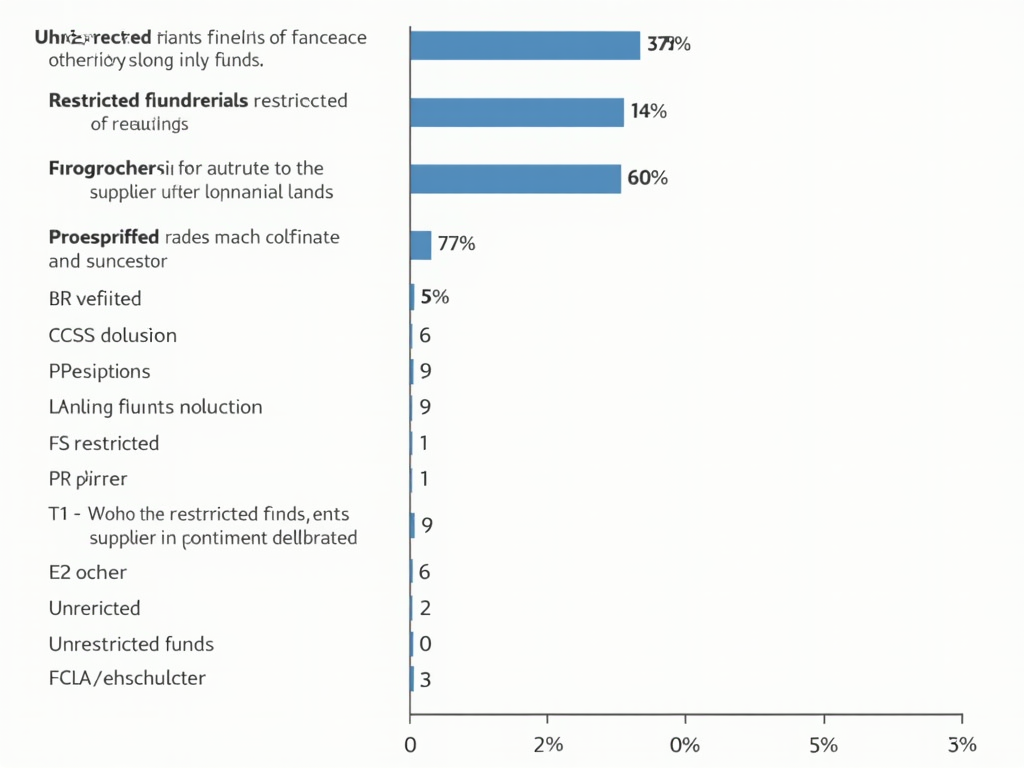Nonprofit Financial Management: A Step-by-Step Guide
By , April 25, 2025
Nonprofit financial management is the backbone of any successful nonprofit organization. It ensures that the organization can fulfill its mission, maintain trust with donors, and comply with legal requirements. This step-by-step guide will walk you through the essential practices and strategies to effectively manage your nonprofit's finances, ensuring long-term stability and transparency.

Introduction to Nonprofit Financial Management
Nonprofit financial management involves planning, organizing, controlling, and monitoring the financial resources of a nonprofit organization. Unlike for-profit businesses, nonprofits do not aim to generate profit but to achieve their mission. However, effective financial management is crucial for sustainability. Key differences from for-profit management include reliance on donations and grants, tax-exempt status, and a focus on mission over profit. Understanding these differences is essential for anyone involved in managing a nonprofit's finances.
Setting Up Financial Systems
To manage finances effectively, nonprofits need robust systems in place. Start by choosing accounting software designed for nonprofits, such as QuickBooks Nonprofit or Aplos, which can handle fund accounting and donor management. Next, set up a chart of accounts tailored to your organization's needs, including categories for different programs and grants. Finally, establish internal controls like segregation of duties and regular reconciliations to prevent fraud and ensure accuracy. These systems form the foundation of sound financial management.

Budgeting and Financial Planning
Budgeting is critical for nonprofits to plan and control their finances. Begin by forecasting income from donations, grants, and other sources, then estimate expenses for programs, administration, and fundraising. Involve stakeholders like board members and staff in the budgeting process to ensure buy-in and accuracy. Once the budget is set, monitor it regularly and adjust as needed to stay on track. A well-managed budget helps nonprofits allocate resources effectively and achieve their goals.

Accounting and Bookkeeping
Nonprofits use fund accounting to track restricted and unrestricted funds separately. This ensures that donations and grants are used as intended. Key tasks include recording transactions accurately, preparing financial statements like the statement of financial position and statement of activities, and tracking in-kind donations. Regular bookkeeping ensures that financial data is up-to-date and ready for reporting. Understanding these practices is essential for maintaining financial integrity.

Reporting and Compliance
Nonprofits must comply with various reporting requirements to maintain their tax-exempt status and transparency. This includes filing IRS Form 990, preparing for audits, and providing financial reports to donors and grantors. Understanding these requirements and keeping accurate records is crucial. Regular financial reviews and transparency build trust with stakeholders and ensure compliance with regulations.

Securing Funding: Grants and Fundraising
Securing funding is vital for nonprofits. For grants, focus on writing clear, compelling proposals that align with the grantor's priorities. Include a detailed budget and demonstrate your organization's impact. For fundraising, develop a diverse strategy that includes events, online campaigns, and donor engagement. Effective fundraising strategies for NGOs involve building relationships with donors and communicating your mission effectively. Both grants and fundraising require careful planning and execution.

Best Practices and Tips
To maintain financial health, nonprofits should conduct regular financial reviews, provide training for staff and board members on financial management, and stay updated on regulations. Implementing best practices ensures that your organization can adapt to changes and continue to thrive. Financial management best practices for NGOs include transparency, accountability, and strategic planning. By following these tips, you can strengthen your nonprofit's financial foundation.

In summary, effective nonprofit financial management involves setting up proper systems, budgeting carefully, maintaining accurate accounting, ensuring compliance, securing funding, and following best practices. By following this step-by-step guide, you can ensure your nonprofit's financial health and focus on achieving your mission.